Tolerance Break From Cannabis: Everything You Need To Know

- 1. What is a tolerance break?
- 2. Tolerance isn't dependence
- 3. Do all cannabinoids produce tolerance?
- 4. Aspects that influence how tolerance works
- 5. How long should your tolerance break be?
- 6. The bottom line
The effects we get from marijuana can vary a lot every time we consume it. For instance, one day you smoke a joint and you end up completely stoned up to the point of canceling whatever's left of the day; and another day you hit your bong as if you were a chimney and nothing happens.
This can be due to many different reasons, for example, the strain and how potent it is, a.k.a. the amounts of THC in it, or perhaps it could be your own body and mental state. Sometimes, not sleeping or eating enough may even have an effect on your cannabis high. However, when we smoke, eat or vape cannabis, we may sometimes feel the frustrating feeling of nothingness.
Can there be a worse thing than smoking marijuana and not getting high? Let us know. This could be because the strains may be weak, or due to a thing called tolerance. The thing is, the human body is one that adapts, that learns to incorporate the new and constant things we 'feed' it, as to say so.
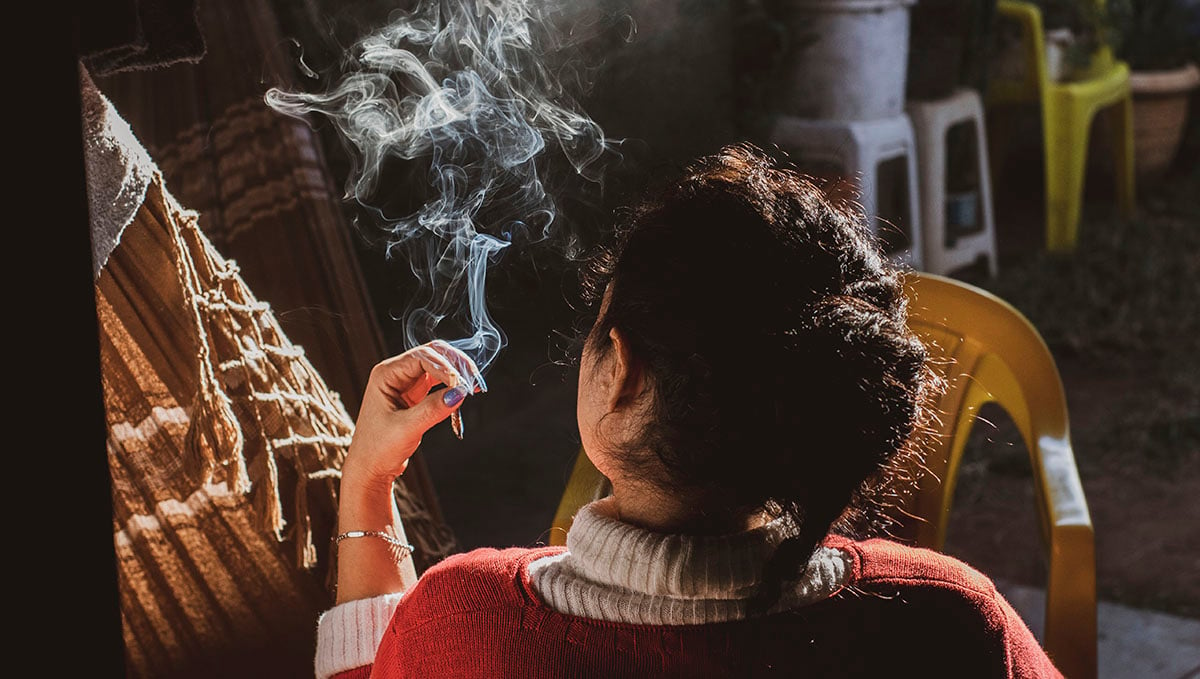
So if you keep giving it marijuana on a frequent basis, cough-cough, daily and more than once a day, you might have developed a tolerance to the substance and may need to take the famous tolerance break.
1. What Is A Tolerance Break?
Before we can proceed to define what a tolerance break is, perhaps defining what tolerance means should be the best idea.
What Does Tolerance Mean?Tolerance is the capacity to endure continued subjection to something such as a drug or environmental conditions without adverse reaction.
So, speaking in terms of cannabis, building tolerance towards weed means that you can put yourself through the substance and not get any of the commonly produced effects. But, logically, this isn't something that takes place over the course of a night. Cannabis tolerance is something that happens after the body gets used to the substance due to the frequent consumption of it.
In fact, every stoner grows a little tolerant to marijuana as they consume it. Can't you remember how high you got the first couple of times you've smoked weed? It was all a whole lot more insane than the chill, relaxed high we're already used to now.
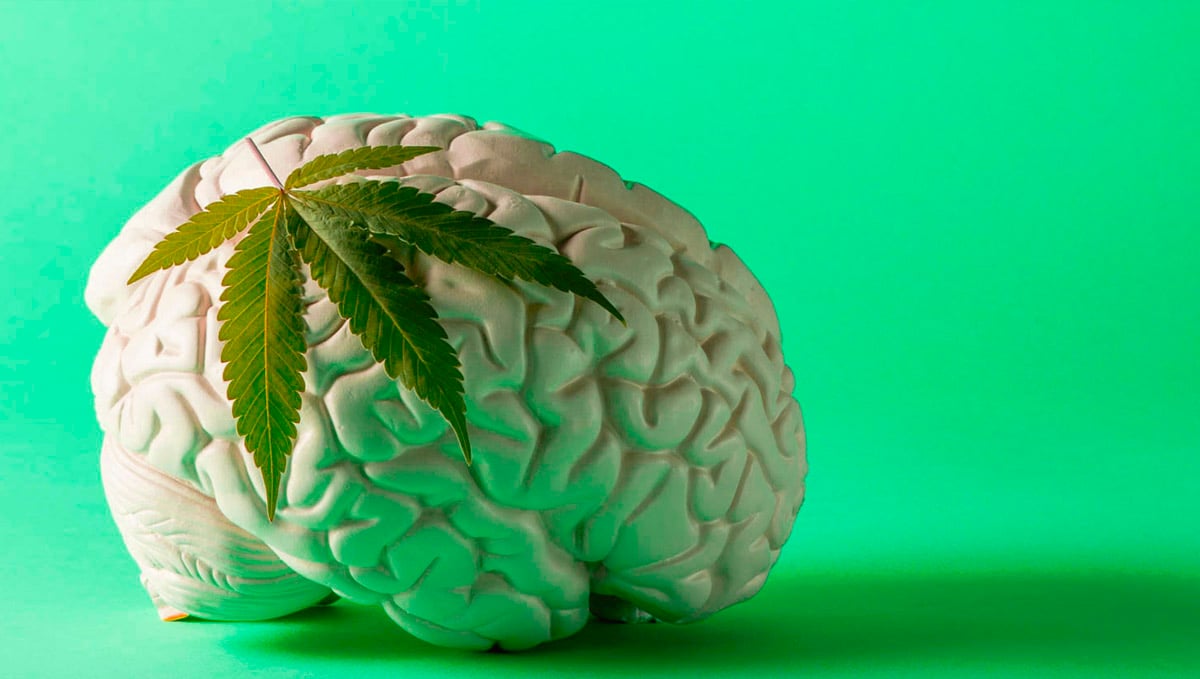
The thing is, just like with every other medication, if you give your body a source of THC on a frequent basis, then it just seems logical that your body will get used to it. Think of it as a new pair of sneakers, they're all rock hard when you buy them, but as you use them, the shoe gets used to the shape of your foot, and they get more comfortable with time.
What is a tolerance break then? A tolerance break, or t-break as it's often referred to, is an intentional pause in the regular use of marijuana. This means that no form of consumption is used at all for a certain period of time in order to 'reboot' the system and become receptive to THC again.
2. Tolerance isn't Dependence
We thought it was important to take a pause and make clear that when it comes to tolerance and dependence there is a major difference. 1
Tolerance is what causes an individual to need more amounts of the same substance to get the same effects, given the body has gotten used to this certain substance. But this has nothing to do with the person needing, physically or psychologically to use the substance. This is when dependence comes into play.
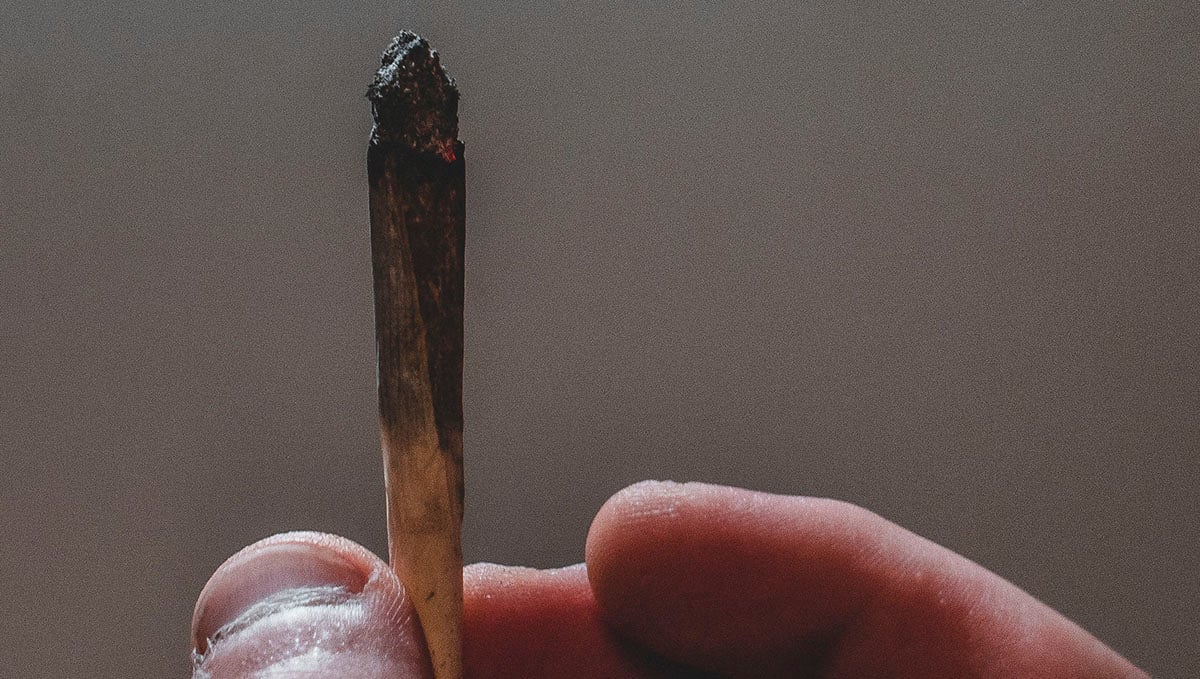
A person who has developed a dependency on something is someone who can no longer resist the urge to consume this thing. Regarding cannabis, a person could find it difficult to say no to consuming it or refuse to refrain from its use when recommended to do so.
Dependency can in fact be considered addiction, and while marijuana doesn't precisely produce addiction, it can cause dependence on the aspect that individuals become used to the routine of consuming it and it becomes a part of their lives that they might find hard to let go of if necessary.
3. Do All Cannabinoids Produce Tolerance?
When it comes to marijuana, we're talking about a plant composed of several different components at a molecular level even, so no, of course, the body doesn't react the same way to each of these compounds.
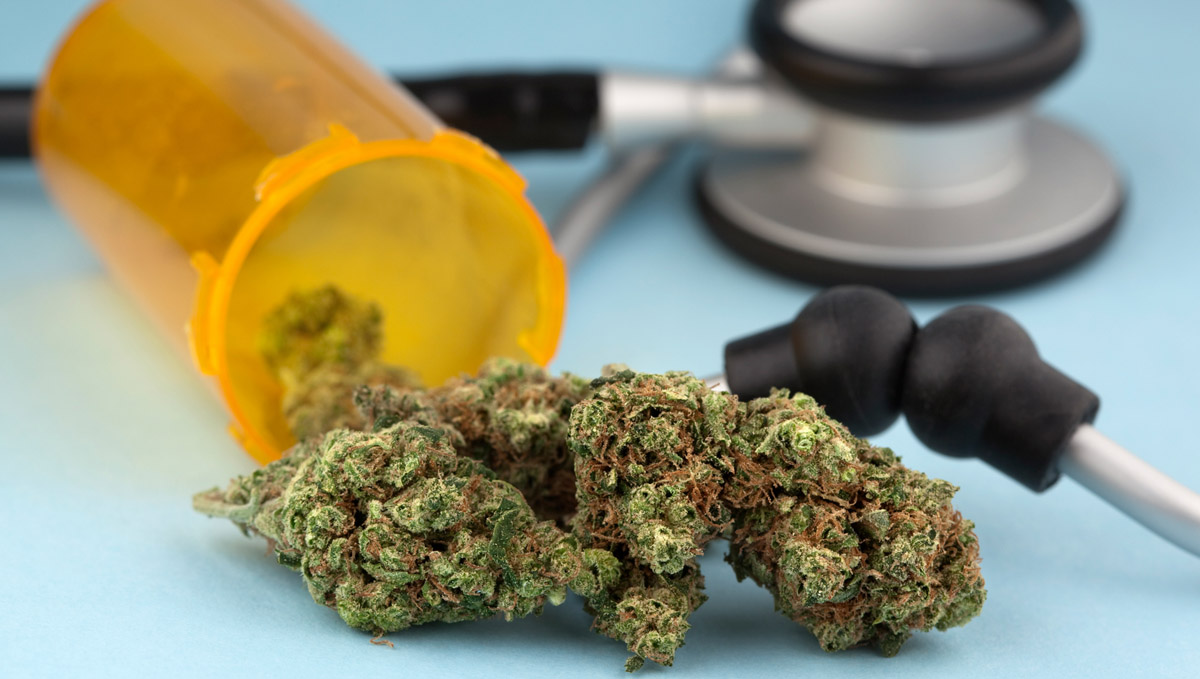
In fact, the most surprising aspect is that, while THC does indeed produce a sort of tolerance over the lapse of time, one special cannabinoid, the famous CBD can produce the countereffect, what's called a reverse tolerance.
What's a reverse tolerance? Well, if tolerance means a person needs more of the same thing to get the same effects, reverse tolerance is exactly the opposite. With CBD, the more frequently you consume it, the smaller amounts you'll need over time, as good as it sounds! Read the full article on CBD and tolerance ahead:
So, how can you revert the tolerance that your body has produced to THC?
4. Aspects That Influence How Tolerance Works
Since we know that marijuana's effect is strongly dependent on time and doses and that this is yet reversible, thank god not all is doomed, taking a tolerance break from weed is actually an effective method to undo this tolerance that has been created. 2
Tolerance breaks are different for each person, it just makes sense. Firstly because not everyone has built the same tolerance to weed, since not all of us consume the same amounts and/or strains, and, besides, each of us already has our own preset 'biological' tolerance. For instance, contrary to popular belief, women are actually more tolerant to cannabis than men, so women might need to take more tolerance breaks than men.
However, it can go even further than simply genres. Here are some things that may influence cannabis tolerance:
- Body contexture: A person with a larger body contexture might need bigger amounts of weed than a small or skinny one because the latter's body might be more sensitive to the substance, but still the same could happen vice versa.
- Buds quality: if a person smokes only premium quality weed, most likely they won't feel anything with poor quality marijuana.
But, the main differentiating factor in how we face tolerance is, in my opinion, concerning quality. Let's walk through an analogy. We have two people, A who enjoys eating only extra gourmet food, and B who eats let's say pasta every day. What would happen if you served A the pasta that B so gladly takes? Most likely a face of disapproval.
Meanwhile, give B one of A's gourmet dishes, and of course, B will be completely astounded at the hues of flavor found in the dish. Well, sort of the same goes for marijuana, if you are used to smoking poor quality weed, then your brain will surely be blown at the taste of some potent THC flowers.
And sadly, the same goes for the other way. For those of us who have gotten used to premium quality weed, not to brag, it can be rather disappointing when someone shares with us some brownish-looking marijuana. Not only because of the (sad) looks, we likely already have a bigger tolerance to THC that these buds most likely can't measure up to.
5. How Long Should Your Tolerance Break Be?
Easy, easy, don't stress too much. When it comes to tolerance breaks, there's no need to take drastic measures, nothing like months or years without weed, so take that weight off your shoulders.
The truth is, there is no real 'perfect' time for taking a tolerance break. In fact, some people can actually perceive the changes by just smoking less every day. But, if you really want to go for it, we would suggest taking at least a couple of days, if not a week or two to really see things happen.
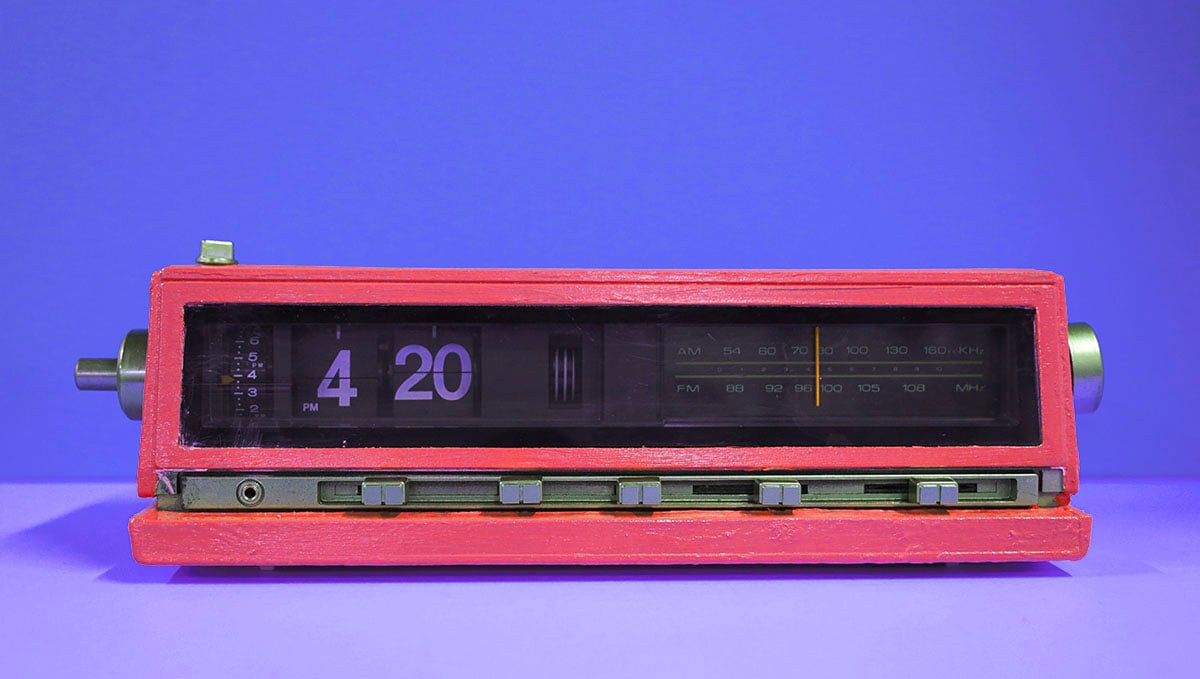
We know it might be hard at first, saying no to doing something you so absolutely love. But hey, it's for a good cause, you'll go back to those effects you neglected so much, that extremely-stoned feeling. Besides, we're sure you'll be able to notice how good it actually feels to take a break from weed for a bit, don't get us wrong Mary Jane, we still love you, we just need some space.
So, if you've decided to take a tolerance break, we would suggest extending it as much as you can resist yourself so that you make sure that you didn't go through the efforts of that t-break for nothing. Besides, keep in mind that you chose to take the break to regain the effects that were once there.
6. The Bottom Line
The world of marijuana is complex and beautiful, one where things mutate and grow constantly. What we may have loved at first, could have turned into one of our old first loves, as we discover a new world of different compounds, flavors or methods of consumption.
It's important we learn how to read the messages our body sends us, in every aspect, not only when it comes to marijuana. So, when you sense that the effects of cannabis are no longer working the same wonders as they used to before, listen to your body and take a tolerance break!
Think about the reunion as a source of motivation, and enjoy the regained effects of weed! Don't forget to comment on your experience with t-breaks.
EXTERNAL REFERENCES
- "Tolerance and dependence to Δ9-tetrahydrocannabinol in rhesus monkeys: Activity assessments" Jenny L. Wilkerson, David R. Schulze, and Lance R. McMahon. March 2019.
- "Marijuana and the Brain, Part II: The Tolerance Factor" Jon Gettman. July 1995.









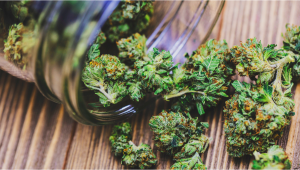


Comments